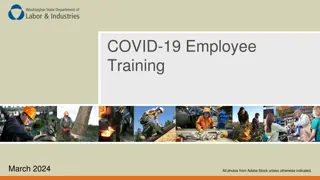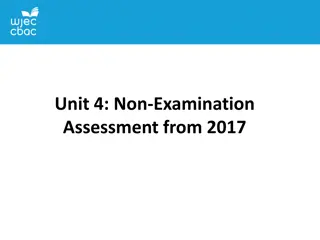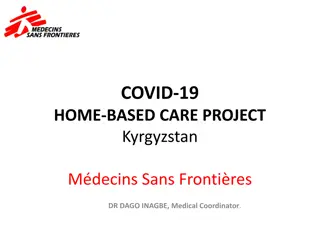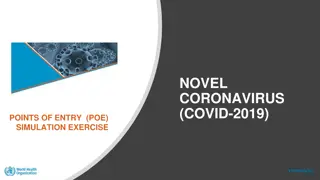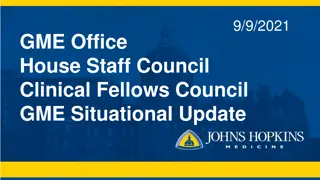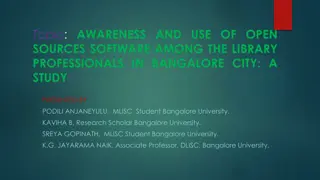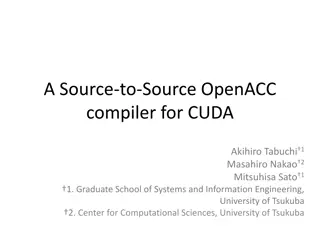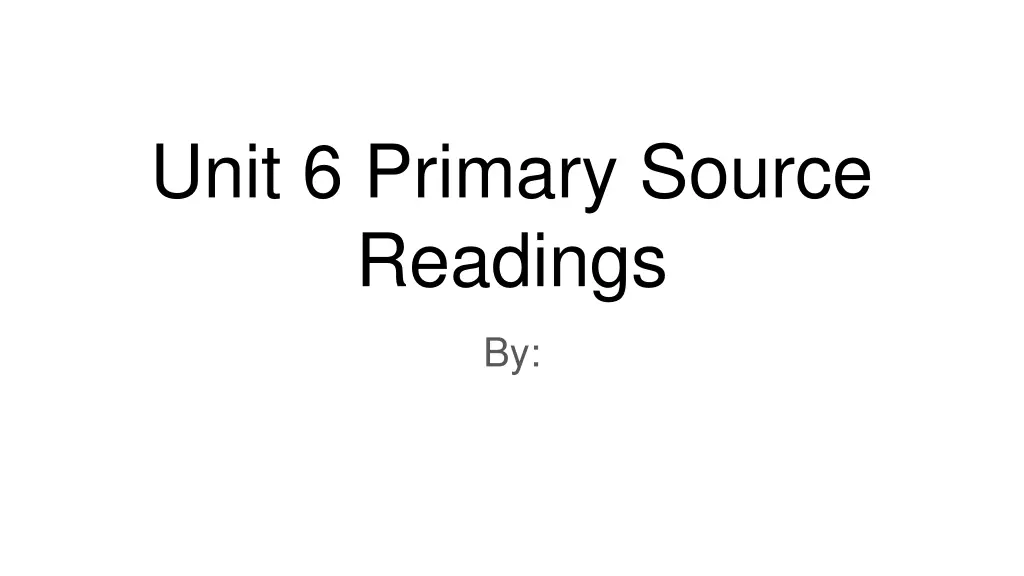
Key Judicial Cases and Constitutional Rights Analysis
Explore significant judicial cases like the Nazi v. Skokie, Brown v. Board of Education, and more, analyzing the contexts, points made, and their overall significance in upholding constitutional rights in the United States.
Download Presentation

Please find below an Image/Link to download the presentation.
The content on the website is provided AS IS for your information and personal use only. It may not be sold, licensed, or shared on other websites without obtaining consent from the author. If you encounter any issues during the download, it is possible that the publisher has removed the file from their server.
You are allowed to download the files provided on this website for personal or commercial use, subject to the condition that they are used lawfully. All files are the property of their respective owners.
The content on the website is provided AS IS for your information and personal use only. It may not be sold, licensed, or shared on other websites without obtaining consent from the author.
E N D
Presentation Transcript
Unit 6 Primary Source Readings By:
Instructions: For each slide, please complete a CPS strategy analysis of the document. C - Context: What is this about? P - Point: What are they saying? What s the point? S - Significance: Why is what they are saying important?
The judicial power of the United States shall be vested in one Supreme Court, and in such inferior courts, as the Congress may from time to time ordain and establish. The judges, both of the Supreme and inferior courts, shall hold their offices during good behaviour, and shall, at stated times, receive for their services, a compensation, which shall not be diminished during their continuance in office. Article III, US Constitution C - Context: What is this about? P - Point: What are they saying? What s the point? S - Significance: Why is what they are saying important?
(1977) Nazi v. Skokie The Illinois Supreme Court denied a stay of the trial court's injunction prohibiting petitioners from marching, walking, or parading in the uniform of the National Socialist Party of America or otherwise displaying the swastika, and from distributing pamphlets or displaying materials inciting or promoting hatred against Jews or persons of any faith, ancestry, or race, and also denied leave for an expedited appeal. Held: 1. The Illinois Supreme Court's order is a final judgment for purposes of this Court's jurisdiction, since it finally determined the merits of petitioners' claim that the injunction will deprive them of First Amendment rights during the period of appellate review. 2. The State must allow a stay where procedural safeguards, including immediate appellate review, are not provided, and the Illinois Supreme Court's order denied this right. Certiorari granted; reversed and remanded. C - Context: What is this about? P - Point: What are they saying? What s the point? S - Significance: Why is what they are saying important?
Yes. Chief Justice Earl Warren delivered the opinion of the unanimous Court. The Supreme Court held that separate but equal facilities are inherently unequal and violate the protections of the Equal Protection Clause of the Fourteenth Amendment. The Court also held that the segregation of public education based on race instilled a sense of inferiority that had a hugely detrimental effect on the education and personal growth of African American children. - Brown vs. Board of Education C - Context: What is this about? P - Point: What are they saying? What s the point? S - Significance: Why is what they are saying important?
The restriction on Johnsons political expression is content based, since the Texas statute is not aimed at protecting the physical integrity of the flag in all circumstances, but is designed to protect it from intentional and knowing abuse that causes serious offense to others. It is therefore subject to the most exacting scrutiny. The Government may not prohibit the verbal or nonverbal expression of an idea merely because society finds the idea offensive or disagreeable, even where our flag is involved. Nor may a State foster its own view of the flag by prohibiting expressive conduct relating to it, since the Government may not permit designated symbols to be used to communicate a limited set of messages. Syllabus to Texas v. Johnson, (1989) C - Context: What is this about? P - Point: What are they saying? What s the point? S - Significance: Why is what they are saying important?
"It is emphatically the province and duty of the judicial department to say what the law is. Those who apply the rule to particular cases, must of necessity expound and interpret that rule. If two laws conflict with each other, the courts must decide on the operation of each." Chief Justice John Marshall, Marbury v Madison, 1803 C - Context: What is this about? P - Point: What are they saying? What s the point? S - Significance: Why is what they are saying important?
". . . The warrant requirement, in particular, is unsuited to the school environment . . . [T]he legality of a search of a student should depend simply on the reasonableness, under all the circumstances, of the search . . . Such a search will be permissible in its scope when the measures adopted are reasonably related to the objectives of the search and not excessively intrusive in light of the age and sex of the student and the nature of the infraction. " Justice Byron White, speaking for the majority C - Context: What is this about? P - Point: What are they saying? What s the point? S - Significance: Why is what they are saying important?

